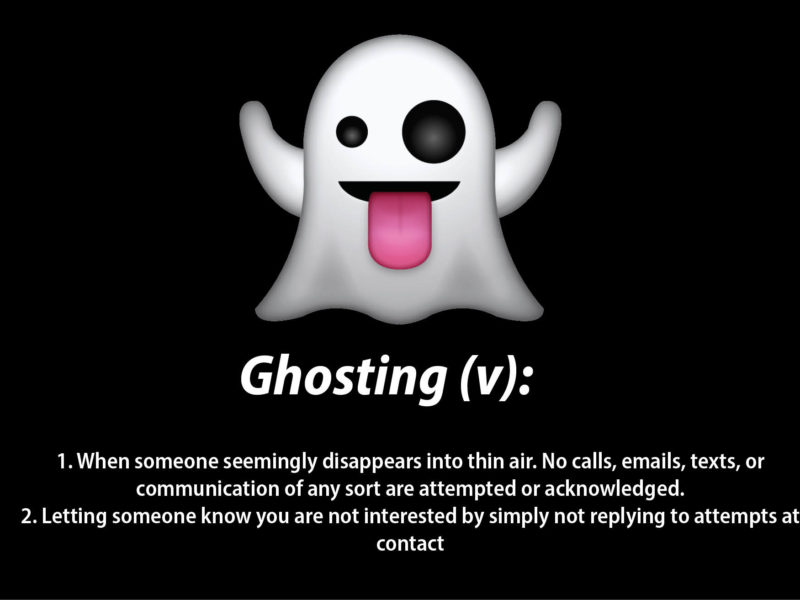Before You Accept a New Job…
Do you remember the old television detective series “Columbo”? He would always stop before leaving, turn and say, “Just one more thing…” and then throw in one last question or request that always ended up making a notable difference in the outcome. Well, I am suggesting you do something similar as a last point of consideration near the end of a successful interview process.
The next time you are approaching a positive outcome of an interview ritual in which you are being considered, if you have not yet met any of the people you’ll work with, request it. I’m not speaking about those you’ll work for and report to, you’re already meeting them at your interviews, I am rather speaking about your potential co-workers. I am suggesting that you mention to the hiring manager or HR representative, “I’d like to meet a person(s) with whom I would potentially work (before my final decision).” You can learn a lot, in addition to that which is shown in a sterile and choreographed interview structure, within which they show you only what they allow you to see. Of course they’ll show you all the good stuff, but in order to get a better overall picture you need to probe to identify and evaluate any unseen warts, scars and potential problems just beneath the surface in order to make an informed decision. How many who are reading this, have had a moment in their careers when they reflect after the fact and have said, “If I’d only known…” And looking back, is it fair to say that maybe, if you had simply asked, you would have known?
There shouldn’t be a problem with this, if the organization you are considering to join is transparent and also seeks to make the best hiring decision. That said, you may get some reticence (resistance) from a hiring manager, but likely it’s because they aren’t used to getting such requests. Plus, HR might resist, because anything that pushes them out of their standard routine confuses them. It surprises many interviewers when they meet someone who is more engaged. Most interviewees nod and smile without asking any insightful questions – and they just want to get through it in one piece and hope they get an offer, only to complain later. What I am suggesting is an eminently good thing for both sides.
Consider this: you have a great series of interviews, management likes you and you like them and there is a happy ending with a group hug. Aw, ain’t that sweet? So then, on Day One you walk in and in short order you find yourself in the midst of a virtual war zone of office politics and ask yourself how something that seemed so good can turn out to be so wrong.
Good and experienced hiring managers know this and will strive to ensure you’ll fit into their company culture and office environment before they make a job offer. But, as I have stated many times, a number of people responsible for hiring don’t really know what they are doing. They connect the dots between a person’s resume and the job specs and voila, they think they have conducted a good hire. Increasingly, the human factor is being overlooked in hiring processes, and what I am suggesting is a good thing and benefits both potential employer and employee. Even the use of psychometric testing can be helpful, but it is a tool to aid in evaluation, not a tool upon which to base a decision, as too many lazy bureaucrats increasingly do.
So, you have to take it upon yourself to think ahead even if they fail to do so and, why not? During the interview process it is supposed to be a dialogue, a reciprocal interaction between parties. If all you are doing is what you are told, like a dog waiting to be thrown a bone, don’t be surprised later when no one pays much attention when you voice a concern you could have, but failed to even try to ID, during the interview process. Granted, any new job, company, your boss, co-workers — it’s always going to be somewhat a gamble of sorts until you get in there and learn first-hand it is a risk for both sides. Actively participate in the very process that affects you in a most personal manner, to the best of your ability, thereby reducing as best you can the risk of unpleasant surprises.



